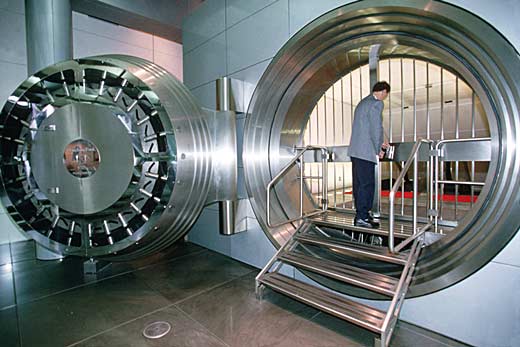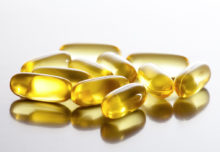
Every year many families, those who care about the quality of their food and about their own well-being, buy large quantities of high-quality olive oil that can last them throughout the year. Some do this for tradition, some for practicalities. The best time to buy oil is in the weeks following its pressing, usually in December before the Christmas holidays.
High-quality olive oil can even make a fantastic Christmas present.
But once we have bought our oil, what do we do with it? We eat it of course, I hear you say. True, but oil can’t all be used up at once. Months can pass from when you buy it, to when it is finished.
Olive oil is alive. It is not an inanimate, stable product. It a creature that follows a certain path during its life cycle. The path can be good or bad: it depends on us. Let’s see how to be good tutors!
Oil has some enemies, the two main ones being heat and oxidation. The oil producer and presser make sure that the oil does not over heat in the production and filtering process. Oxidation, on the other hand, is as inevitable as ageing. But, we can choose healthy ageing, with a good lifestyle based on eating well, doing sport, avoiding junk food and refusing to become a couch potato. These are simple rules that we all know, even if we might like to pretend that we don’t. It is the same for oil! It is not an “eternal” food. It has its shelf life, but we can take care of it and make sure it ages well. This is up to the consumer; the producer cannot do any more after it has been bottled and sold.
Oxidation makes oil go off. Extra virgin oil needs to be protected from light, heat and contact with oxygen. These are all factors that accelerate oxidation, thus reducing the oil’s healthy properties, polyphenols and organoleptic qualities. As light can set off photo-oxidation, we should store our oil in bottles and preferably dark glass. If we use clear glass, we should keep it in a box. Stainless steel containers are also a good choice, though they should be small enough to make sure that air does not get stuck inside. We need to limit the contact between the oil and the oxygen in the air. We should keep our oil in a place with a steady temperature: the optimal temperature to store oil is between 12°C and 18°C. Below that temperature, crystallisation damages the chemical make-up of the oil. Higher temperatures cause thermo-oxidation.
At the table, I would avoid using fancy containers, even if they are pretty. They are difficult to clean, while the original bottle with an anti-refilling cap is more practical and more hygienic. In fact, in 2014 it became illegal for restaurants to use any other container except the original bottle, with its anti-refilling cap and a full label with product details. We should also remember to close the bottle as soon as we have finished using it.
Taking care of your oil is a way to take care of yourselves!








